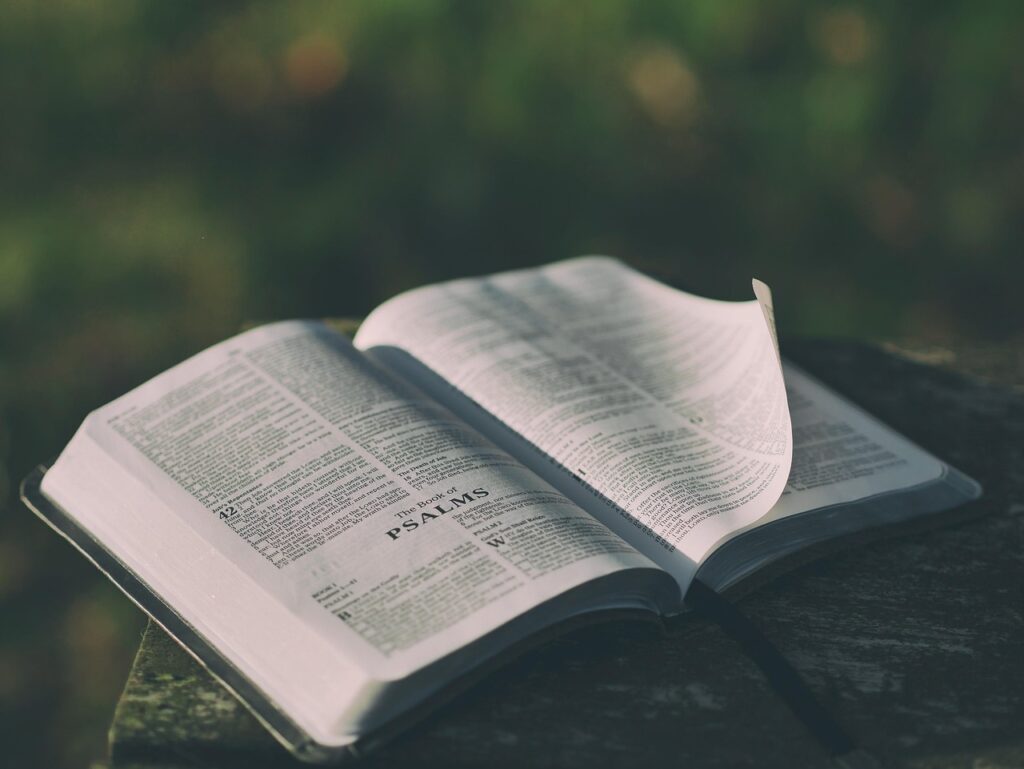When Everything Is Allowed, We Lose What Is Right
As of 2025, Korean society is increasingly blurring the concept of “boundaries.” The distinctions between tradition and change, public and private, male and female, adult and child, teacher and student, and even human and machine have become difficult to define.
Modern society, in the name of diversity and inclusion, seeks to dismantle as many boundaries as possible. While recognizing difference and eliminating unnecessary hierarchies has positive aspects, when all boundaries are removed, a society easily slides into a state without standards—eventually losing even the question, “What is right?”
Take education, for example. The relationship between teachers and students has become far more horizontal than before, weakening authoritarianism in classrooms. But at the same time, the teacher’s authority has diminished, and instead of focusing on learning and discipline, fatigue and distrust in the relationship have become more pronounced.
In families, the lines between parents and children are more relaxed. In public, standards of behavior between adults and children are unclear. As freedom of expression grows, public broadcasting, art, and online content increasingly portray language and visuals once considered inappropriate.
The shift in standards inevitably dulls the moral and ethical senses.
Laws and institutions are following suit. Gender classifications are moving toward self-determination in administrative systems, and even traditional obligations such as military service are being reconsidered. Phrases like “the right to be myself,” “freedom to cross boundaries,” and “anyone can be anything” are no longer niche slogans—they are now mainstream narratives shaping politics, law, education, and culture.
But what replaces the disappearing standards remains unclear. Freedom is a value always given with responsibility, and boundaries are not merely limitations—they are the minimum order that sustains a community.
This is more than a trend—it’s a structural transformation. In a society without standards, decisions are made by popular sentiment and group consensus. The loudest voices define truth, and the fastest-spreading opinions become accepted facts. In such a system, quiet truths lose their place.
As boundaries blur, accountability blurs, and when accountability blurs, truth becomes obscured. Freedom without responsibility may be attractive, but when it no longer considers the whole community, society loses its balance.
The Bible is a book of order. From Genesis to Revelation, God establishes clear boundaries in His creation, redemption, and restoration: light and dark, heaven and earth, good and evil, life and death, male and female. These are not arbitrary divisions but divine means of preserving life.
Jesus said, “Sanctify them by the truth; your word is truth” (John 17:17), and the Apostle Paul warned, “Everything is permissible, but not everything is beneficial” (1 Corinthians 10:23). Boundaryless freedom, even within faith, is dangerous. The logic of “If I think it’s right, then it is,” easily becomes a departure from God’s order.
Today in Korea, while freedom of choice has expanded, the ability to say, “This is right,” has diminished. People can live differently and choose differently—but for society to function, there must be some shared boundaries.
Faith should be the spiritual compass that protects those boundaries, and the Church must become a community that restores discernment and responsibility. Freedom is a gift, but freedom without direction ultimately dismantles the very community it claims to serve. What must be recovered today is not blind acceptance of everything, but a clear discernment of what brings life to the community.
Only those who uphold standards can protect freedom.
A society without boundaries may seem exciting—full of possibility, diversity, and inclusion. But boundaries are the safety net of community, and standards are its moral spine. What we are losing today is not just the boundaries themselves but the values they were safeguarding. Only those who hold to standards can truly preserve freedom. And that is the Church’s essential calling in this era.
Maeil Scripture Journal | Today’s World, A View Through the Word




